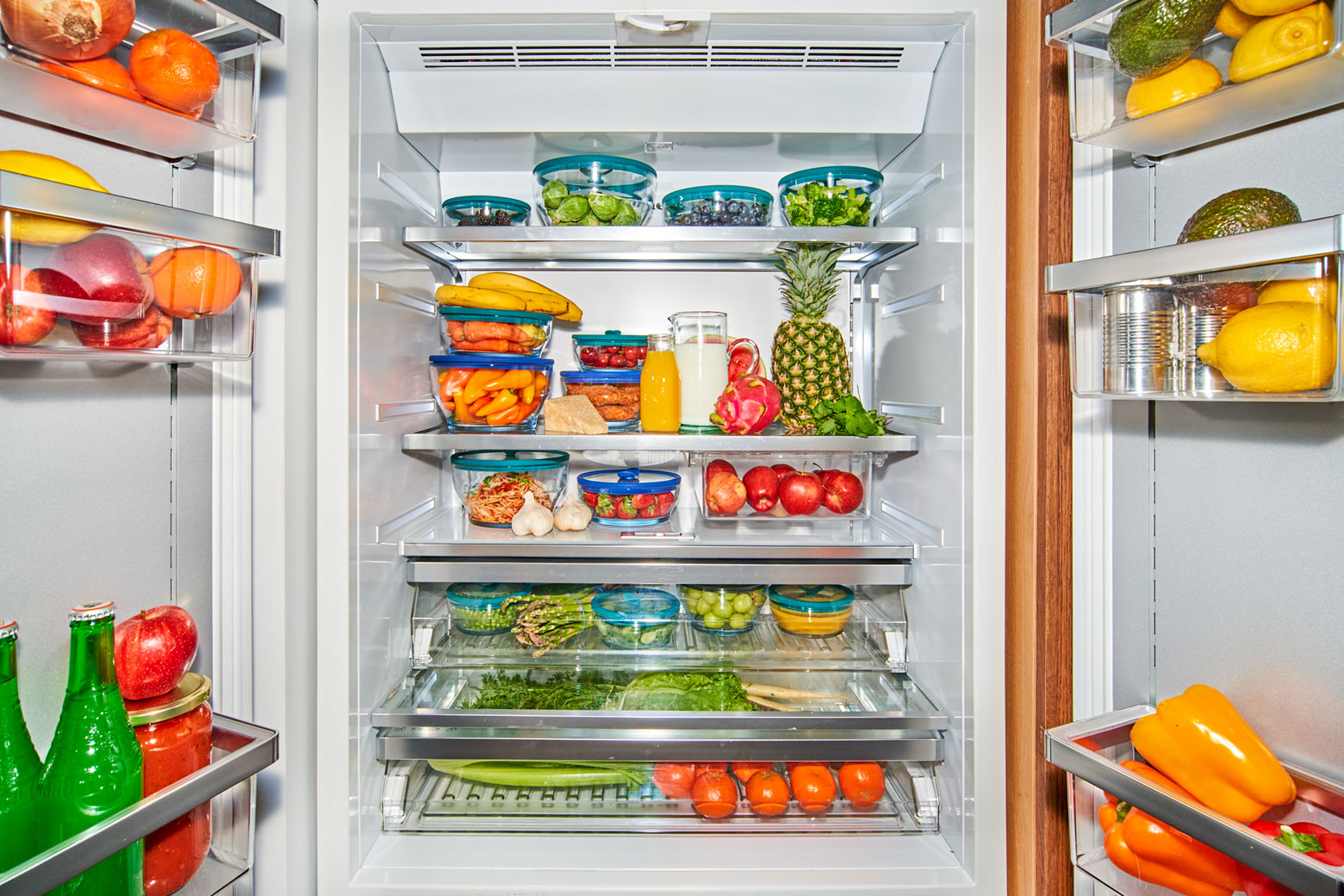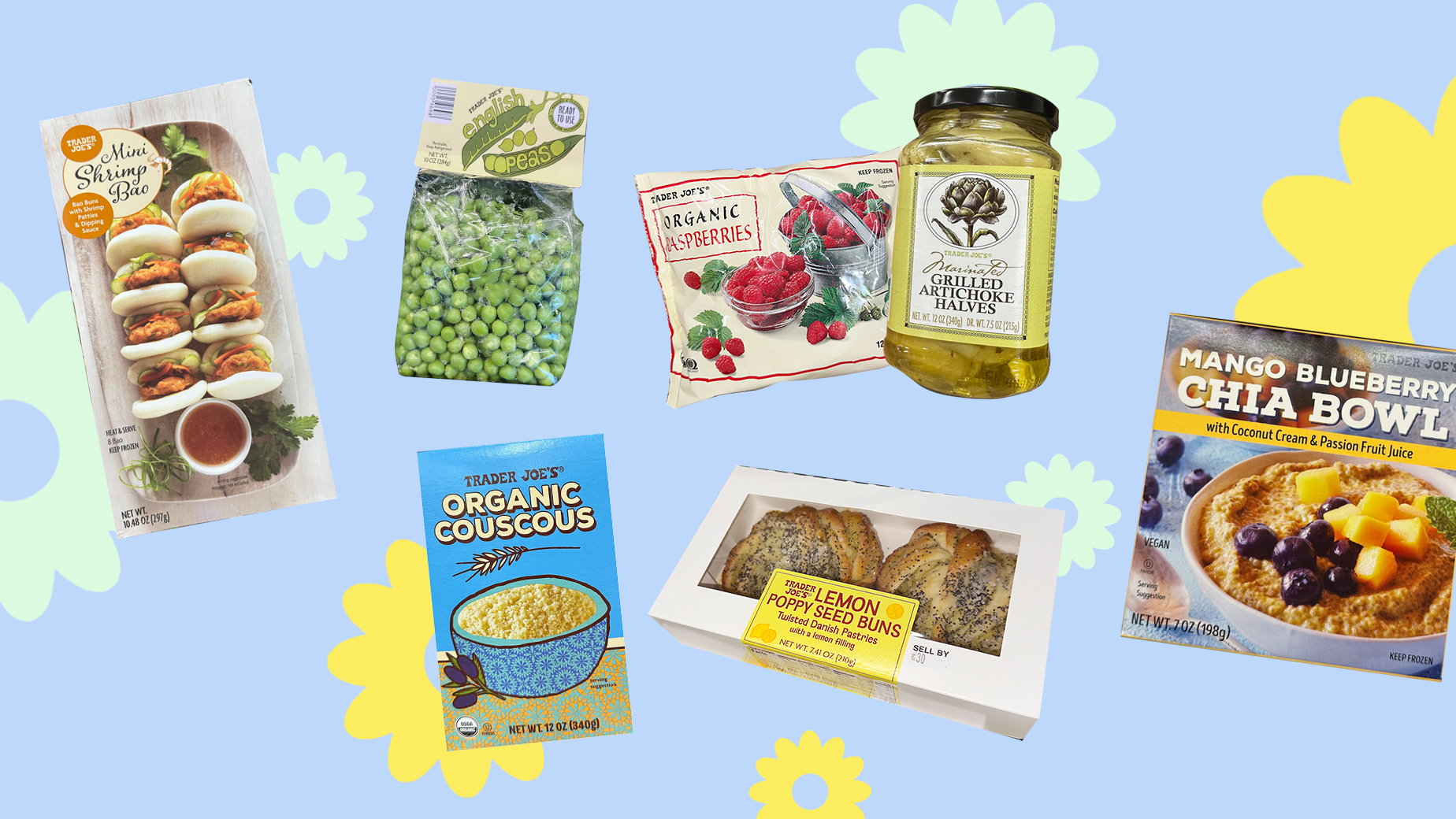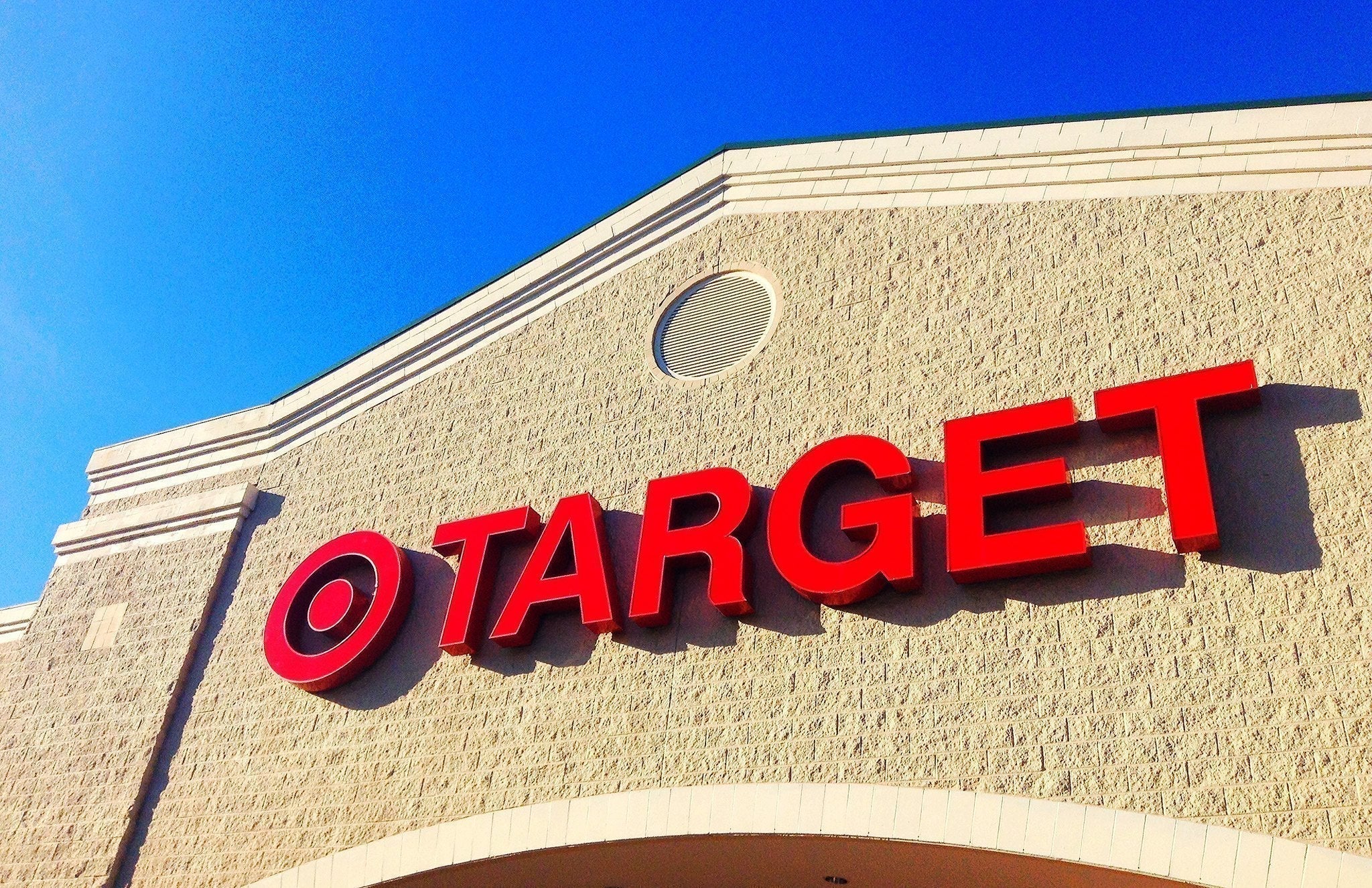You already know our stance on microwaving plastic: Don't do it! Studies (like this one from Harvard) have shown that common household plastics can leach microplastics and harmful chemicals into your food. That's why we're taking a hard look at our kitchen habits and making the switch to plastic-free alternatives. To put it simply: A kitchen without plastic is safer, more sustainable, and one less thing to stress about.
The good news? Creating a plastic-free kitchen is easier than you think! Small changes add up fast, especially when you have the right tools. Anyday makes it simple with 100% plastic-free glassware that’s safe for the microwave, oven, freezer, and dishwasher.
Here are four simple ways to help you create a safer, more sustainable kitchen—so plastic is one less thing on your plate:
1. Stop Microwaving Plastic
First things first: Stop microwaving plastic. Say goodbye to that plastic “microwave safe” bacon cooker or rice cooker! Many of these single-use plastic tools are leaching microplastics into your food. Instead, choose microwave safe cookware made from high-quality materials like glass! Anyday dishes are made from borosilicate glass, a durable material that can withstand temperature changes and resist stains. They are also freezer, oven, and fridge safe—and overall built to last.
It’s shocking, but true: cooking food in the microwave is good for you. According to a study by Cornell University, food cooked in the microwave contains more nutrients than food cooked by other method. So go ahead—keep microwaving rice, bacon, and more in the microwave. Just make sure you're using microwave-safe cookware! By making the switch to Anyday, you are choosing the safest and healthiest way to cook.

2. Don’t Microwave Using a Plastic Lid or Plastic Wrap
So you might be thinking: I won’t reheat my food in a plastic container, but what if I just use plastic wrap to prevent splatters in the microwave? It’s not touching the food directly, so it’s fine... right?
Think again. Even if plastic wrap or lids aren’t in direct contact with your food, they can still leach microplastics when heated in the microwave. Most plastic covers also warp over time, which means they may no longer fit properly on your containers—making reheating messier and less efficient. And don’t forget another unexpected heat source: your dishwasher. Washing plastic in hot water can break it down over time, releasing chemicals all over your clean dishes! There’s really no way around it: It’s time to ditch the plastic.
Covering your food with plastic isn’t just a health concern—it’s also less effective. Plastic doesn’t trap heat as well as glass, and without a proper vent, steam builds up quickly. You can try offsetting the lid to let steam out, but that usually leads to splatters on your microwave walls. This is precisely the problem we were trying to solve when we designed the glass lids on our dishes. Made from borosilicate glass and lined with BPA-free silicone, our lids feature a built-in steam vent knob that allows pressure to release during reheating. When you’re ready to store the leftovers, simply press down the knob to seal in freshness—no plastic wrap required.

3: Don’t Heat Frozen Food In The Container It Comes In
It might be tempting to pop a store-bought frozen meal straight into the microwave or cook frozen veggies in a “steamable” bag, but it’s best to think twice. If anything, plastic bags, trays, and cardboard containers that come with frozen meals may be even worse than regular plastic containers. They're often thinner, flimsier, and more prone to breaking down under heat—making it more likely for microplastics and chemicals to leach into your food. Many can warp, melt, or even scorch when cooked in the microwave. Not exactly the flavor you’re going for.
Instead, transfer your frozen food to a microwave-safe glass container like an Anyday dish. Glass is non-toxic and won’t mess with your food’s flavor or safety. Plus, the Anyday’s glass lid allows you to heat food more evenly—no more scalding edges and icy centers.
Want a better option than store-bought? Make big batches of freezer-ready meals directly in your Anyday dish and freeze. When you’re ready to eat, just reheat directly in the same dish—no plastic in sight. You’ll get meals that taste fresh, save money, and skip the mystery ingredients.
4: Stop Storing Food in Plastic Bags
You might assume that storing food in resealable plastic bags is safe since you're not heating them. However, these bags are often made from thinner materials that can shed microplastics into your food, even during storage. They’re also just another source of kitchen waste, and there are many sustainable kitchen products that can replace it. Instead of single-use bags, use beeswax wraps, silicone covers, or the most-convenient: Anyday. It’s the only 100% plastic-free food storage solution with glass lids that’s safe for the microwave, freezer, oven, and dishwasher.
Anyday dishes are built to last, while sustainable products like beeswax wraps tend to lose their effectiveness over time. To store food, simply pop on the sturdy, silicone-rimmed glass lid and store in the fridge. When you’re ready to reheat, transfer the Anyday to the microwave, reheat, and eat directly out of the dish.
For another plastic-free way to cover food, try our Anytime Freezer Trays made from high-quality, food grade silicone. Our stackable trays feature a 100% plastic-free silicone lid (while others use plastic!) and come in convenient 1/2 cup and 2-tablespoon measured portions. They’re also dishwasher-, oven-, freezer-, and microwave-safe so you can use them in practically any application.

Making a kitchen plastic-free doesn’t have to be overwhelming! Small swaps lead to big changes. Whether you start with cookware, storage, or everyday habits, each step brings you closer to a kitchen that’s better for you and the planet.
Ready to start your journey? Explore plastic-free cooking and storage solutions with Anyday. Plus, check out more recipes and tips to help you along the way!




Share:
The 13 Best Target Items To Cook In Your Microwave
10 Best Trader Joe’s Spring Groceries You’ll Want to Microwave ASAP